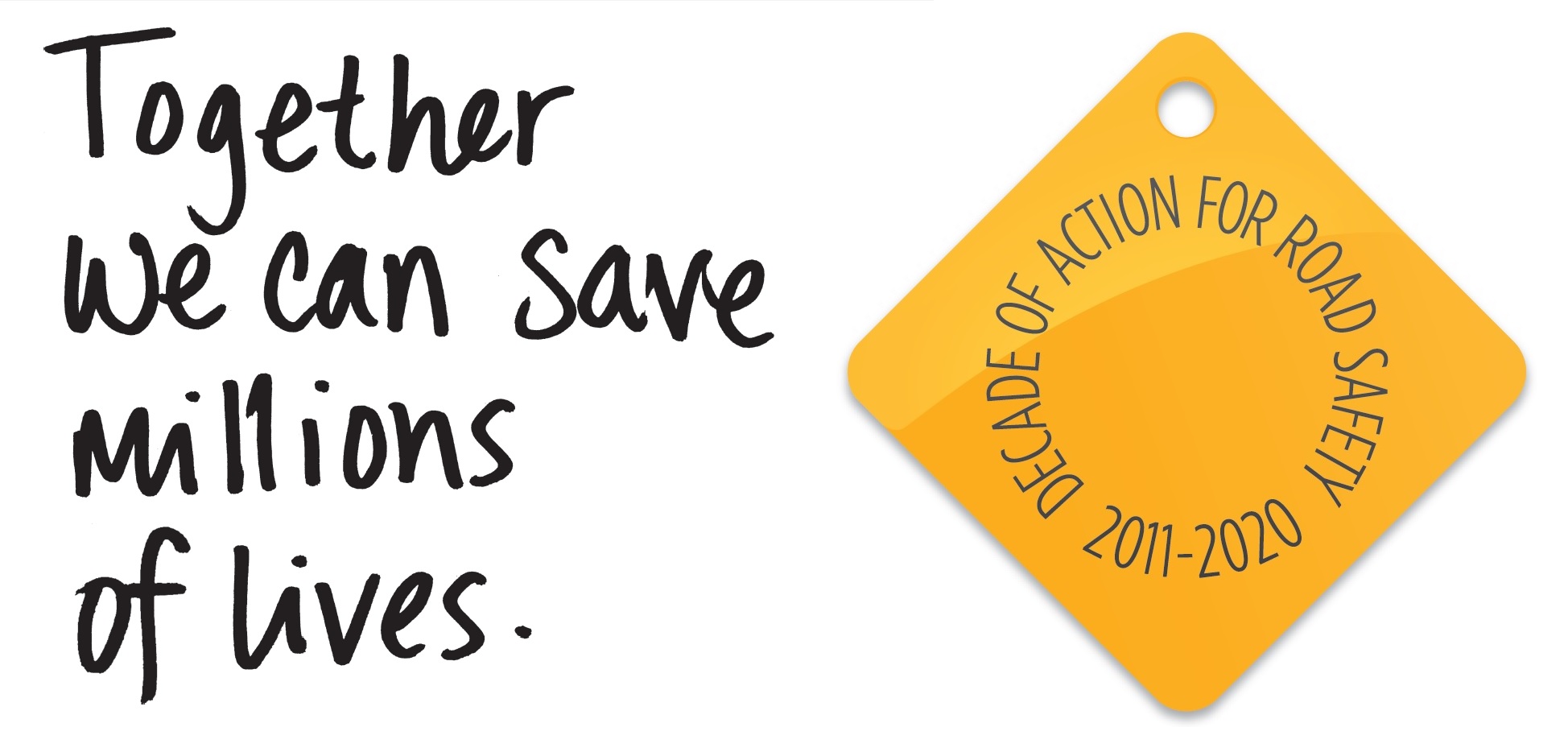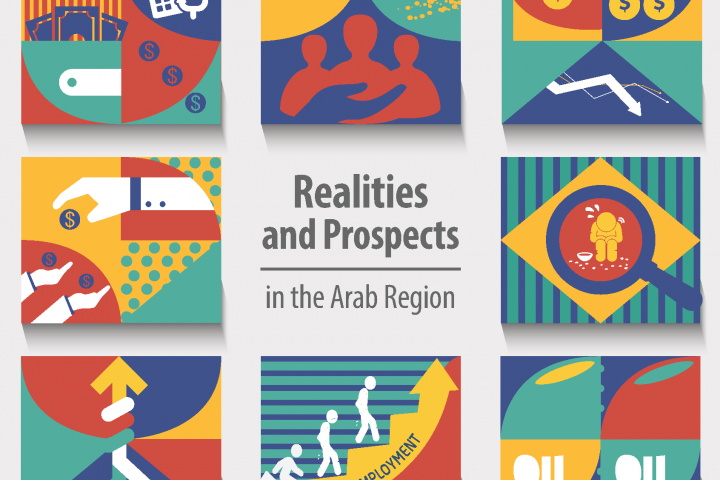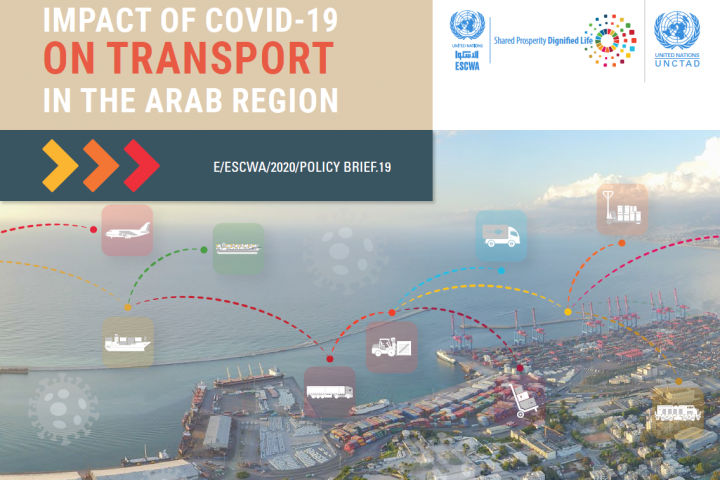The establishment of a National Road Safety Council (NRSC) in Lebanon has been commended by the UN Economic and Social Commission for Western Asia (ESCWA) as a necessary body for road safety management and to raise awareness about traffic-related fatalities.
Under the auspices of Lebanese Prime Minister Saad Hariri, the new Council was launched at a ceremony on 7 March at the Grand Serail in Beirut. Experts from ESCWA attended the event, including the Regional Advisor on Transport and Logistics, Yarob Badr, who afterwards shared a tour d’horizon on the issue.
“We are pleased that a new traffic law in Lebanon reached in April 2015 led to this National Road Safety Council,” said Mr. Badr, noting that it is headed by Prime Minister Hariri and includes a Technical Committee managed by the Lebanese Minister of Interior, as well as a separate Technical Secretariat.
“The Secretariat assumes the role of the lead agency in road safety management and this is what ESCWA champions,” he underlined.
The Secretariat is expected to play a significant role by coordinating the work of governmental and non-governmental organizations that focus on road safety, and by ensuring that the long-term national strategy of the Council is a product of this strong partnership. The Secretariat will also coordinate stakeholder efforts by setting indicators and standards, implementing strategies, and proposing legislative amendments.
In addition, the Council holds close ties with Université Saint-Joseph (USJ) through its Master’s Programme in Management of Road Safety, in part thanks to its Founding Director, Professor Ramzi Salameh, who is also the Secretary of the NRSC. Established in 2012, the Master’s programme is the only one in the Arab region that offers this type of high-level training. ESCWA supports its curriculum with lectures, trainings and other activities.
According to Mr. Badr, the main challenge now is securing funds to carry out road safety awareness campaigns and hire the necessary human resources: “This cost does not exceed two dollars per year for every registered vehicle in Lebanon, which is a small burden compared to the foreseen outcomes,” he stressed.
The role of ESCWA
As the arm of the United Nations in the Arab region, ESCWA supports national and regional institutional structures specialised in road safety management and convenes inter-governmental meetings such as the Committee on Transport.
In 2015, ESCWA issued Suggested Guidelines on Road Safety Management Systems (in Arabic), which were adopted by the Sixteenth Session of the ESCWA Committee on Transport, held in Cairo, Egypt.
The guidelines are comprised of suggestions to manage road safety in line with the General Assembly resolution that announced a United Nations Decade of Action for Road Safety 2011-2020, which aims to reduce the forecast level of road traffic fatalities in 2020 by half compared to 2010.
However, road fatalities in the Arab region increased in 2013 by 1.05 per cent compared to 2010, while to be in line with the UN Decade of Action, they should have been reduced by 9.3 per cent.
To support progress, ESCWA is conducting a new survey on road safety in Arab countries and working with the UN Secretary-General's Special Envoy for Road Safety, Mr. Jean Todt, to hold a workshop for the Arab region in Beirut in the coming months.
“The workshop will address the most urgent priorities with clearly defined outcomes. There will be a system to manage traffic safety in line with ESCWA guidelines while taking into consideration the local conditions of every country,” said Mr. Badr, adding that Palestine and Iraq have already shown interest in these guidelines and how to put them in practice.
Global success stories
The global rate of fatalities due to traffic crashes exceeds 1.3M per year, and injuries range between 20M and 50M. While the world average amounts to 17 fatalities for every 100,000 persons, it is currently as high as 21 fatalities per 100,000 persons in the Arab region.
While these numbers are alarming, some countries have achieved a massive reduction in their annual rate of fatalities, such as France, which in the 1970s counted 18,000 deaths per year. Today, the rate has decreased to 3,500 even though traffic in the European nation has grown almost three times bigger.
“France recognized since the seventies that it is essential to coordinate road safety measures at the State’s highest level, which resulted in the creation of a ministerial committee led by the Prime Minister,” Mr. Badr explained.
He added that a “High Commissioner” position was created, and major organizational measures taken: “Drivers were forced to put their seat belts or helmets on, speed limits were defined, and fines were set for whoever breaches them. Great Britain, the Netherlands, Sweden, and others have also followed suit,” Mr. Badr stressed.
Yet, despite institutional and legislative efforts, he warned that road safety will not improve unless there is a personal belief from drivers that they play a paramount role, which can only take place by raising road safety awareness across society.
News
15 Mar 2018
Beirut, Lebanon
ESCWA to support National Road Safety Council in Lebanon to reduce fatalities




